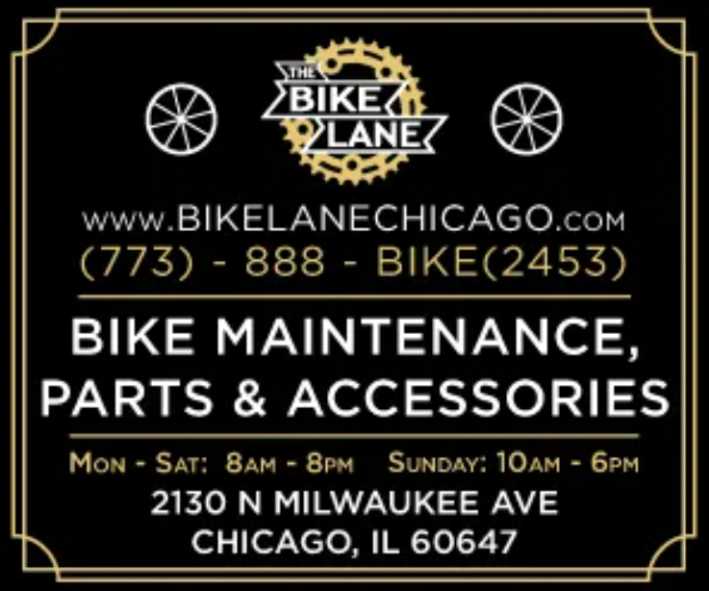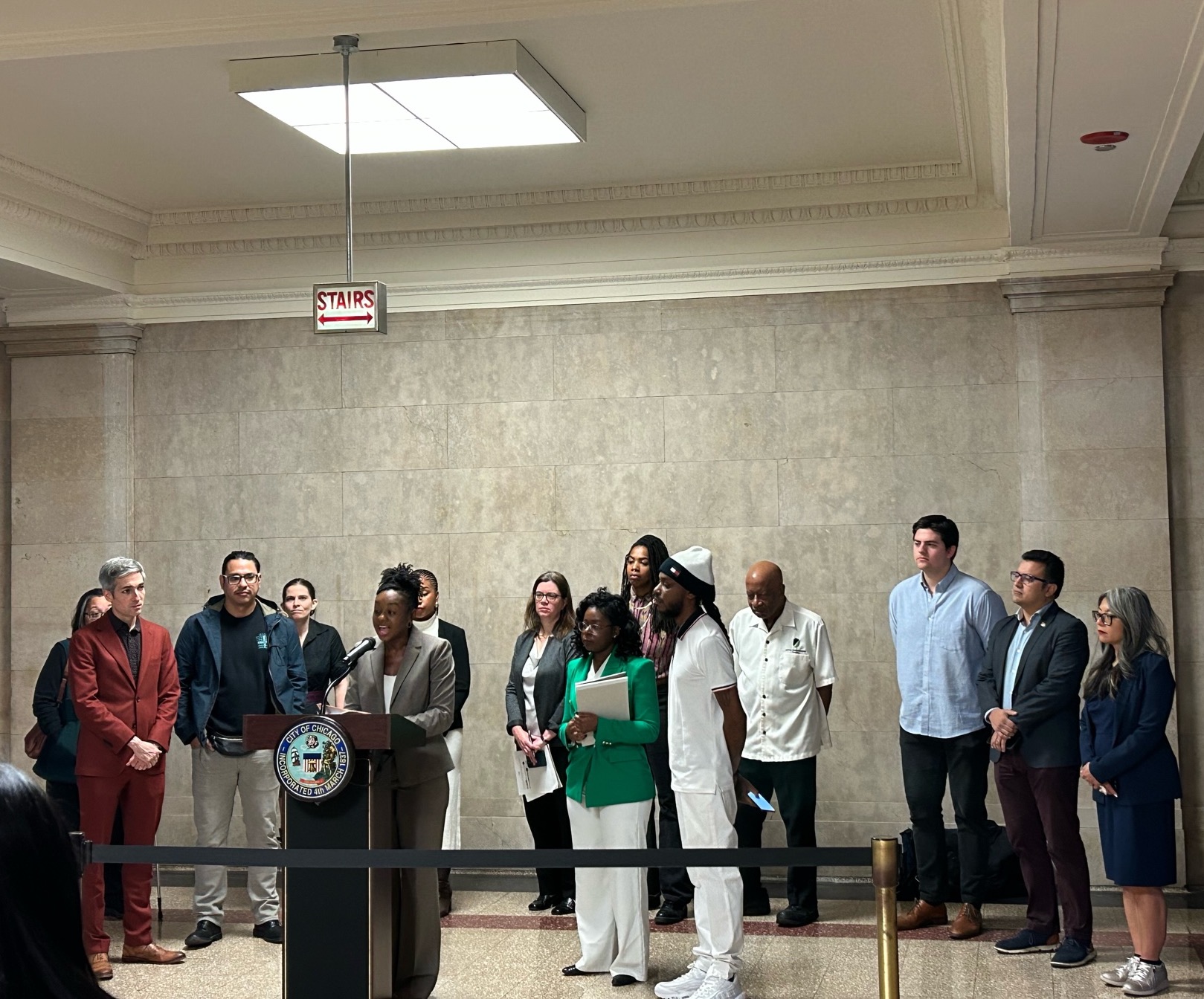
The Free 2 Move Coalition (F2M) "is an alliance of community and advocacy organizations working to create a safer, more racially equitable system of traffic safety in Chicago." Steering committee partners include Community Renewal Society, Impact for Equity, Active Transportation Alliance, Black Lives Matter Chicago, Chicagoland Disabled People of Color Coalition, Equiticity, and Access Living.
F2M has developed a plan to do away with "pretextual" traffic stops that disproportionately impact Black and Latino motorists. This is in the wake of a July 2021 report by the American Civil Liberties Union’s that found Chicago police detained African Americans in 63 percent of traffic stops in 2021, even though Black residents make up less than 30 percent of the city's population.
"Traffic stops in Chicago have been going up exponentially," said Rachel Murphy, an attorney with ACLU of Illinois, according to an August 2021 Block Club Chicago report. "It is so important for the city to explain what is driving these stops and explain why they believe this is a legitimate policing practice when it is disproportionately impacting Black drivers, especially, [and] also Latino drivers."
This is where F2M comes in. According to the organization’s website, the Coalition began back in 2021 when the organizations came together to discuss this alarming policing issue. By the summer of 2022, the F2M Coalition was formed with the goal of improving traffic safety, but especially those that have been the most affected by the racial disparities in police enforcement in regards to not only traffic stops, but also bike and jaywalking stops.
Here are the goals of F2M, as outlined on their website (their words):
- Creating and investing in alternative mechanisms to increase traffic safety and reducing reliance on police enforcement.
- Ending pretextual traffic stops.
- Ending racially disparate bike stops and ticketing.
- Ending suspicionless searches and drastically reducing other invasive investigatory tactics used during stops.
- Creating financial assistance programs for motorists and cyclists in need of equipment-related repairs.
- Increasing safety on and access to public transit for all riders by decriminalizing transit fare evasion and creating a fare-free transit system.
- Ending jaywalking enforcement.
- Drastically reducing the financial harm of traffic enforcement by creating a more progressive citation structure that reduces fines and prioritizes restorative justice measures.
- Transforming how we collect and report data to provide more transparency around the impact of traffic safety enforcement.
- Obtaining a commitment from the City to address all traffic safety issues by investing in universal infrastructure and education and remove police enforcement from the Vision Zero Plan, its traffic safety framework.
Here is F2M’s three-point plan, according to a recent a recent Chicago Sun-Times report:
- Following the lead of Los Angeles by banning police stops for traffic violations when the “primary intention” of that stop is to “fish for other signs of criminal activity.” Amy Thompson, staff counsel for Impact for Equity, called “pre-textual” traffic stops the “reincarnation of stop-and-frisk.”
- Prohibiting all police stops for “low-level” traffic violations, such as a recently expired registration or one broken taillight when the other remains lit. Similar bans are in place in Philadelphia, Pittsburgh and San Francisco.
- Requiring Chicago police officers who have pulled a vehicle over for a traffic violation to have an “independent legal basis” to ask the driver to consent to be frisked, or to have their vehicle or belongings searched.
Jose Manuel Almanza, director of advocacy for Equiticity, one of F2M's steering committee organizations, said the coalition’s three-point plan to end pretextual traffic stops, suspicion-less consent searches, and limit stops for low-level offenses "marks a pivotal step toward addressing some of the inequities in Chicago." He added that the coalition highlights "the urgent need for reform" by exposing the flaws in the stops through their data driven analysis.
FTM's goal of "redirecting focus toward investing in infrastructure to mitigate traffic violence aligns with a proactive approach that not only enhances public safety but also fosters a more equitable community," Almanza said. "It's a call to action for systemic change, steering Chicago toward a future where traffic safety isn't achieved through discriminatory measures but through proactive, community-centered solutions."
Active Transportation Alliance campaign organizer W. Robert Schultz III, who represents the group on F2M’s steering committee, said that he first became aware of the data on racial profiling at traffic stops while working for Amnesty International during the early 2000s. He noted that it’s been a quarter of a century later, and the issue is still present.
“Active Transportation Alliance supports ending [pretextual] traffic stops because we suspected that the practice was not effective for traffic safety, which is important for everyone," Schultz said. "Through the collaboration with Impact for Equity along with Equiticity we were able to find Chicago data that supported the fact that traffic stops are not an effective crime fighting tool either."
Asked what F2M’s next steps were, Schultz said they are educating the public and elected officials about how it is important to limit stops for low-level traffic offenses. "Traffic stops are a systemic problem that require a transformative solution," he said. He added that Black and Brown communities will greatly benefit from this new approach, not only because they experience over-policing, but also disproportionate amounts of traffic violence.

Did you appreciate this post? Please consider making a tax-deductible donation.




